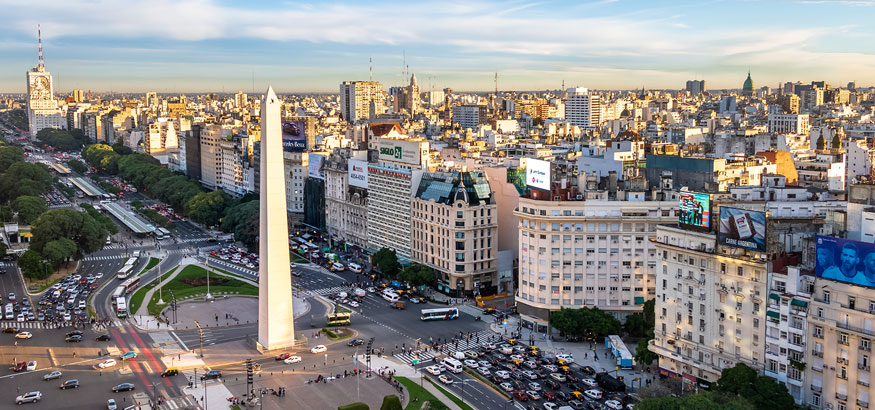Part 111: The Great Balkan War
Part 111: The Great Balkan War
Heading into 1943, the Balkans had once again erupted into war, as the Ottomans (plus Albania) fought off a coalition of vengeance-seeking nations who’d lost to them just a few decades prior. The Greeks, Bulgarians, Illyrians and Dacians were all looking to reclaim lost territory, while the Armenians decided to roll the dice and join in too. Looking at this from an observer’s perspective, this looked to be a fair fight, maybe even favoring The Ottomans. However, wars don’t always go the way you’d expect them to, and that was definitely the case in this conflict, because for the Ottomans, this war was a complete failure.Now, I know I just did an update about the revitalization of the empire after their victory in the Second Global War, but that’s not to say that the Ottomans didn’t have any problems. For one, they had Greek, Bulgarian, Dacian and Armenian minorities within their countries that all hated being under the boot of the Turk, and would no doubt rebel and side with their people’s respective countries (the opposite was true as well, as there was a sizeable Turkish or Muslim population in much of the Balkans). In addition, there were entire regions of the empire with very few ethnic Turks, instead being populated by Arabs and/or Kurds. While most of the Arabs (outside of Lebanon, where it was split between Christians and Muslims) and nearly all of the Kurds were Sunni Muslims, Southern Mesopotamia had a Arabic-speaking Shia Muslim majority, and they weren’t exactly thrilled about Sunni Turks controlling their oil.
So, the war began. Both sides of the war were midway through the process of industrializing, so they were both on the same technological and equipmental level. Many of the officers and generals from the Second Global War were still active (although getting quite old, considering that the war was over 25 years ago by this point), so both sides had experienced leaders. Finally, due to the lingering war weariness, none of the other European powers got involved in the war. This was really a fair fight, but here’s how things went wrong for The Ottomans.
The war began with the Greeks, Bulgarians and Dacians attacking into the Ottoman territory in Mainland Europe, while the Illyrians (and a minority of Greek and Bulgarian troops) pushed into the already surrounded Albania, completely occupying the country by the end of 1943, although Albanian guerillas continued to fight on in the backcountry, harassing Balkan League troops (in retrospect, Albania joining the war was a really bad idea). Meanwhile, the Ottoman and Greek navies clashed in the Aegean, while Ottoman and Bulgarian/Dacian navies duked it out in the Black Sea.
Where things really got messy, however, was in the civilian sphere. Because both the Balkans and Anatolia were so ethnically mixed, there were minorities on both sides that were caught on the wrong side. Needless to say, it did not end well. For example, the Aegean coast of Anatolia still had a large Greek population, particularly around Izmir/Smyrna. Well, the Turkish citizens of the region went out of their way to harass and oftentimes attack their Greek neighbors, going as far as pogroms at times. On the flipside, Turks and other Muslims in Bulgaria and Greece were subject to abuses and violations as well at the hands of Bulgars or Greeks, going as far as physical attacks and even anti-Turkish/Muslim riots.
Another reason the Ottomans lost was because of shrewd diplomacy and deal-making on the part of the Balkan League. For example, they promised the Kurds and Arabs independent states if they revolted, which they did once the Ottomans started losing badly. The Greek-majority islands in the Aegean that were under Ottoman Rule rebelled and came under the control of the Greeks once more, as was the case in Cyprus. Meanwhile, The Ottomans were both facing advancing Balkan League forces and internal rebellions, while having to deal with waves of Turkish and other Balkan Muslim refugees fleeing persecution in their home countries (while Greeks and other Christians left the Ottoman Empire en masse for the same reason). This was all overwhelming for the empire, and as the Balkan League closed in on Constantinople in Late 1945, the Ottomans threw up the white flag and called it a day.

